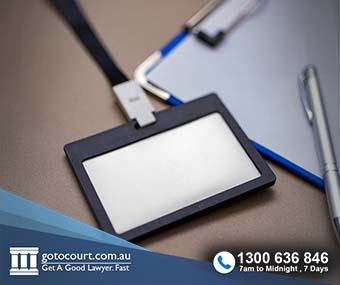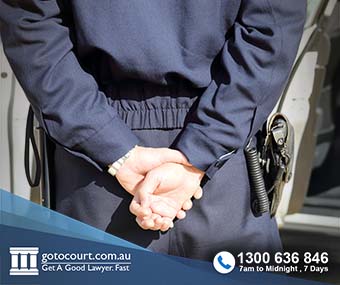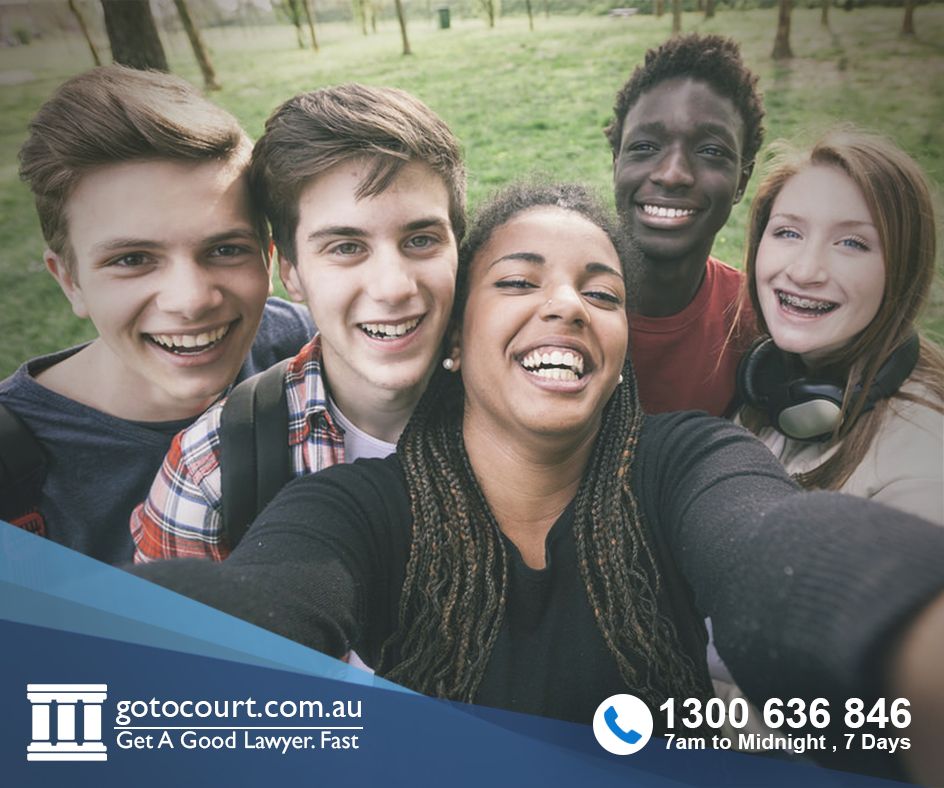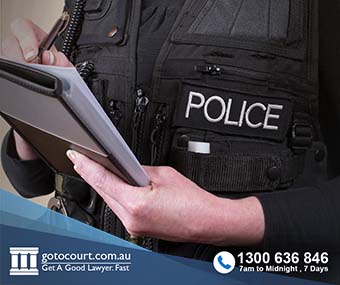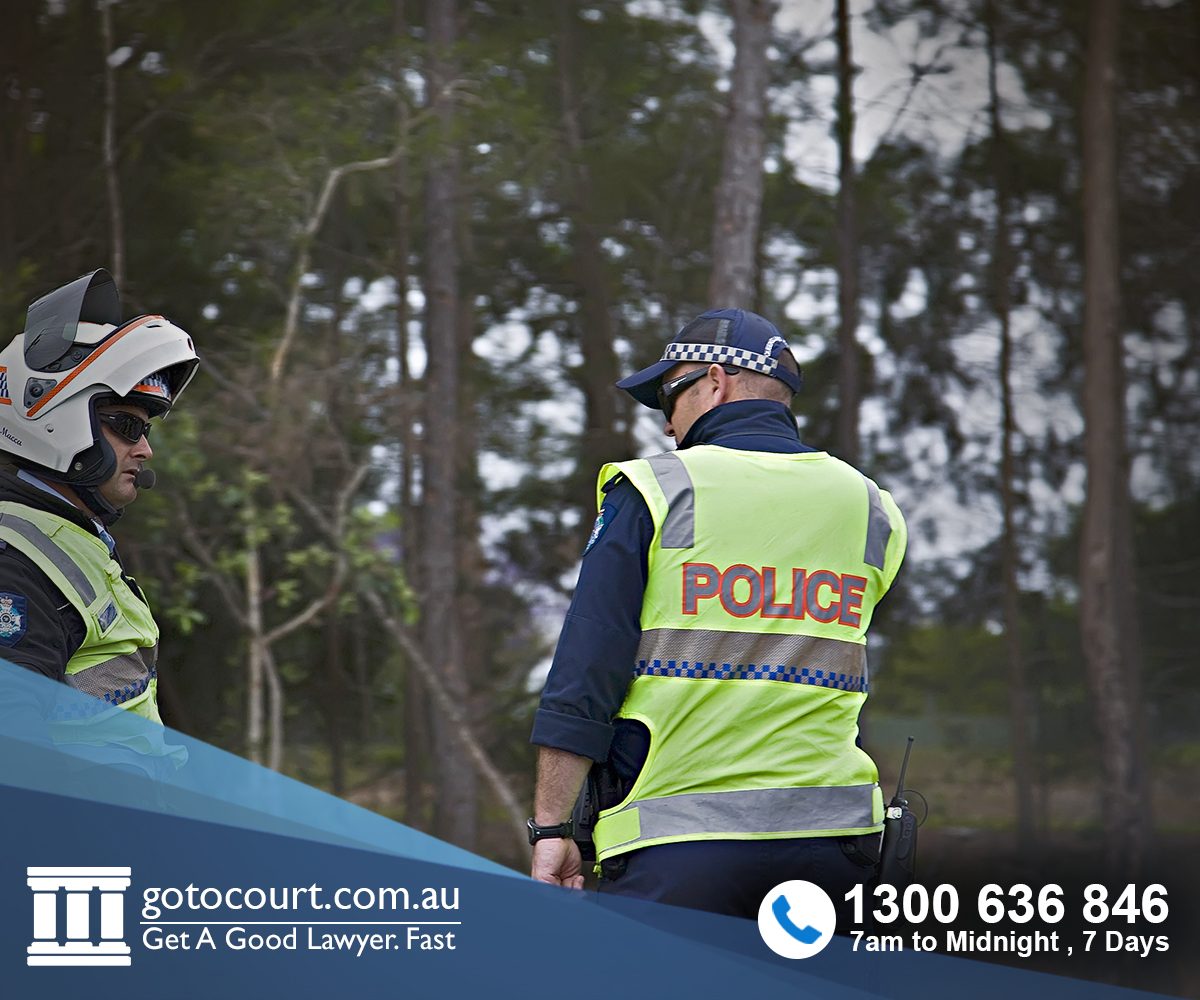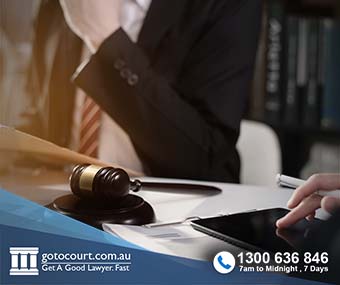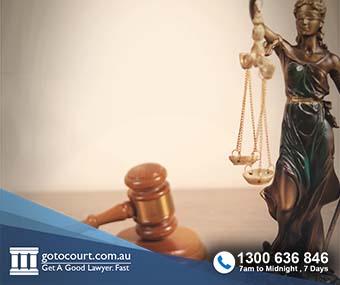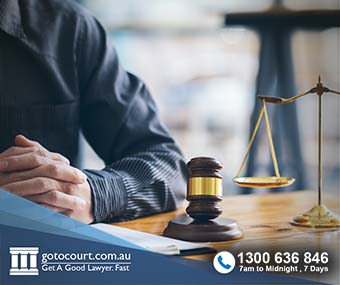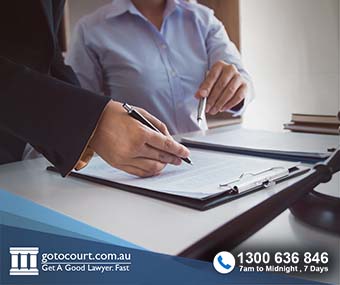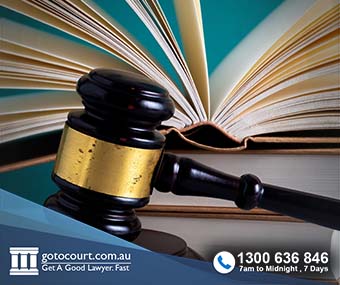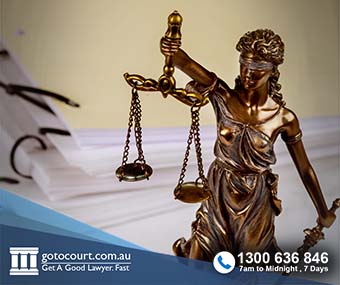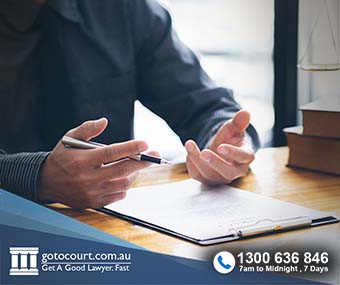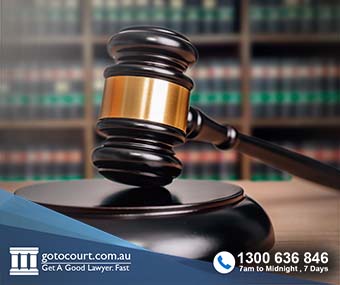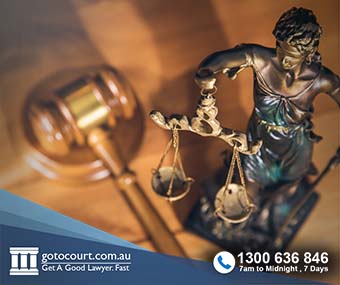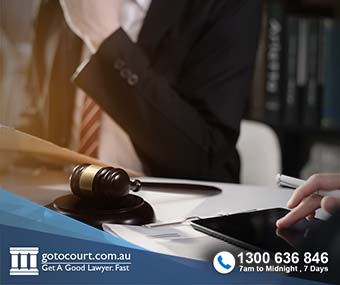What Happens During a Police Interview? (NSW)
What Happens During a Police Interview? (NSW)
Police interviews generally take place when the police suspect your involvement in the commission of a crime or when you are a victim or witness to an alleged crime. The main purpose of a police interview is to assist the police with gathering evidence about the alleged offence. This evidence can then be used to prosecute the individuals involved. This article deals with police interviews of persons who are suspected of an offence.
Before you participate in a police interview
You are entitled to seek legal advice or have a legal representative attend the police station with you before you decide to engage in a police interview.
You are also allowed to telephone a relative or friend to inform them of where you are and to ask them to attend the police station as a support person.
The Law Enforcement (Powers and Responsibilities) Act 2002 (LEPRA) also details that a Police Officer must provide you with reasonable facilities to enable you to speak with a lawyer.
How is a police interview conducted?
Often the police will informally ask a person questions and generally write the answers in their notebook which they may then ask the person to sign. The police also conduct more formal interviews which are electronically recorded and conducted in an interview room at the police station.
Can I refuse to participate in a police interview?
Yes. You have the right to silence.
Under Section 122 of the Law Enforcement Powers and Responsibilities Act 2002, a police officer must, as soon as practicable after a person is detained, caution the person. This means telling them that they do not have to say anything but that anything they do say may be used against them in evidence.
This means that you do not need to participate in a police interview, nor do you have to provide the police with a written statement.
If you choose to remain silent and not participate in a police interview, no adverse inferences can be drawn against you by a court. This means that if you are charged with an offence and the matter goes to court, the court cannot infer that you are guilty because you chose not to speak to the police. The court also cannot treat you any less favourably because you chose not to speak to police.
In Australia, each individual is innocent until proven guilty and the police must prove beyond a reasonable doubt that a person committed the offence they are alleging.
Should you wish to exercise your right to silence and not comment on the allegations, the police may still pursue charges based on other evidence they have such as witness statements or CCTV footage.
Why you should refuse to participate in a police interview
If you are suspected of a criminal offence, there are a lot of reasons why it is advisable not to participate in a police interview.
These include:
- Anything you say can be used against you or against another person in court as evidence which could decrease your chances of successfully defending the charge.
- You are most likely unfamiliar with the law and the police.
- You are being interviewed by experienced and trained police officers who tend to know how to get an admission out of a suspect.
- There will be at least two police officers in the room whilst you are being interviewed which may be intimidating and cause you to answer questions you may not want to answer.
When you must disclose information to police
There is one exception to the right to silence. Under Section 11 of the Law Enforcement Powers and Responsibilities Act 2002, the police can require unknown people to disclose their identity. This section states that “A police officer may require a person whose identity is unknown to the officer to disclose his or her identity if the officer suspects on reasonable grounds that the person may be able to assist in the investigation of an alleged indictable offence because the person was at or near the place where the alleged indictable offence occurred, whether before, when, or soon after it occurred”.
You must disclose your identity if the police ask you to do so. This includes your name, address and date of birth. If you fail or refuse to disclose your identity to the police without a reasonable excuse, you are committing an offence and can be charged with Failure to Disclose Identity, which attracts a fine of up to $220.00
If you would like legal advice about a criminal matter or about any other legal matter, please contact Go To Court Lawyers.

Affordable Lawyers
Our Go To Court Lawyers will assist you in all areas of law. We specialise in providing legal advice urgently – at the time when you need it most. If you need a lawyer right now, today, we can help you – no matter where you are in Australia.How It Works




1. You speak directly to a lawyer
When you call the Go To Court Legal Hotline, you will be connected directly to a lawyer, every time.

2. Get your legal situation assessed
We determine the best way forward in your legal matter, free of charge. If you want to go ahead and book a face-to-face appointment, we will connect you with a specialist in your local area.

3. We arrange everything as needed
If you want to go ahead and book a fact-to-face appointment, we will connect you with a specialist in your local area no matter where you are and even at very short notice.


